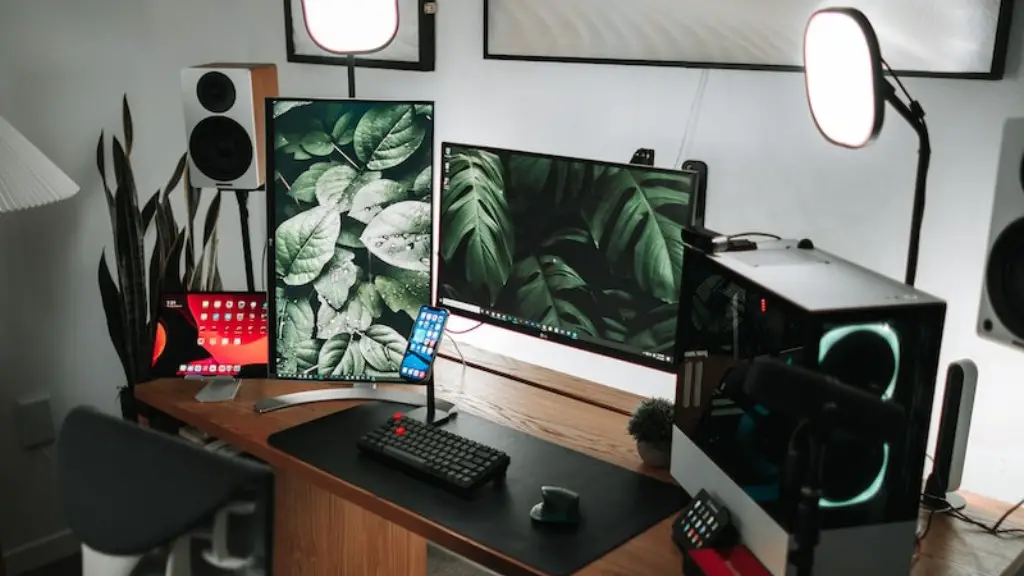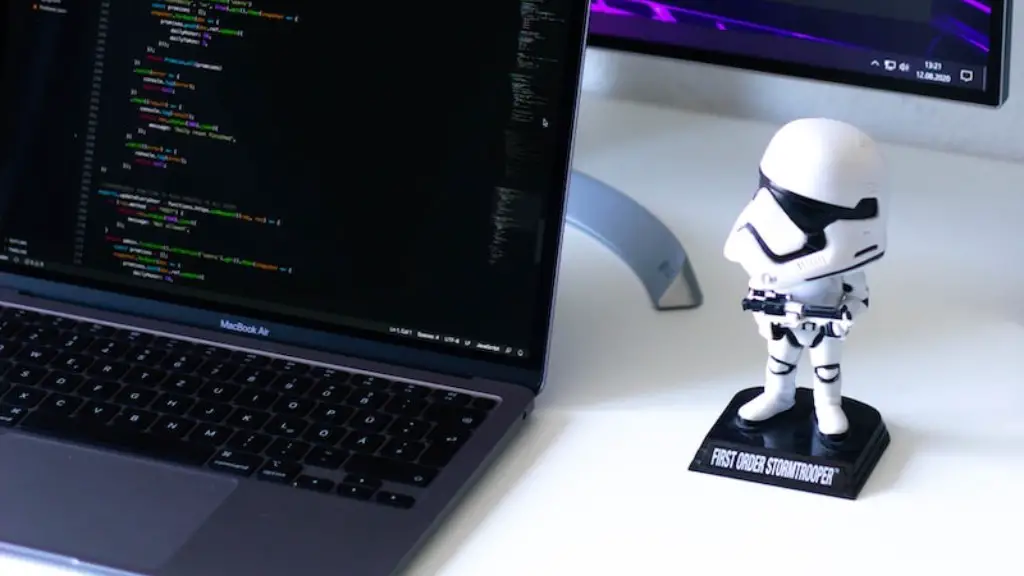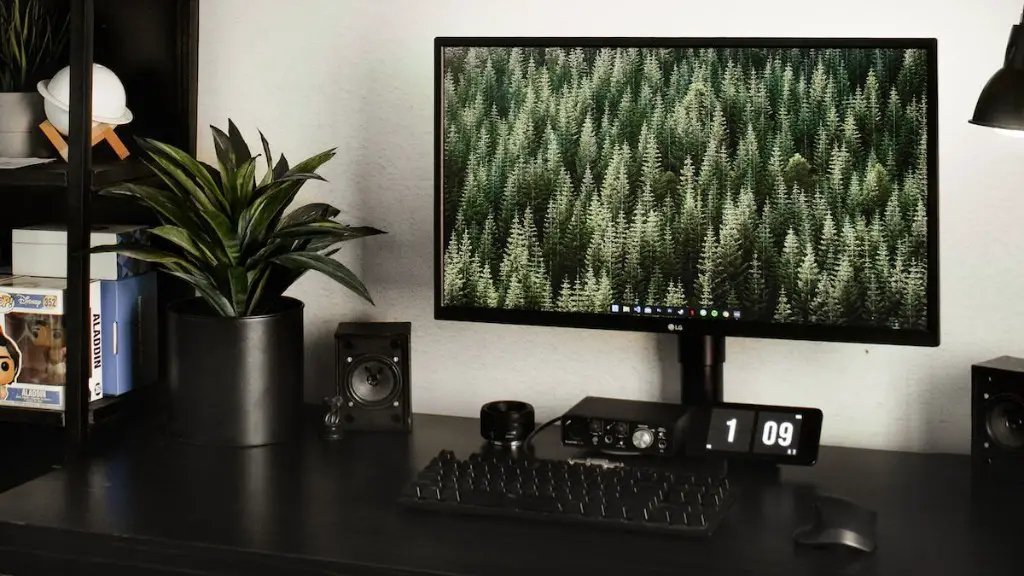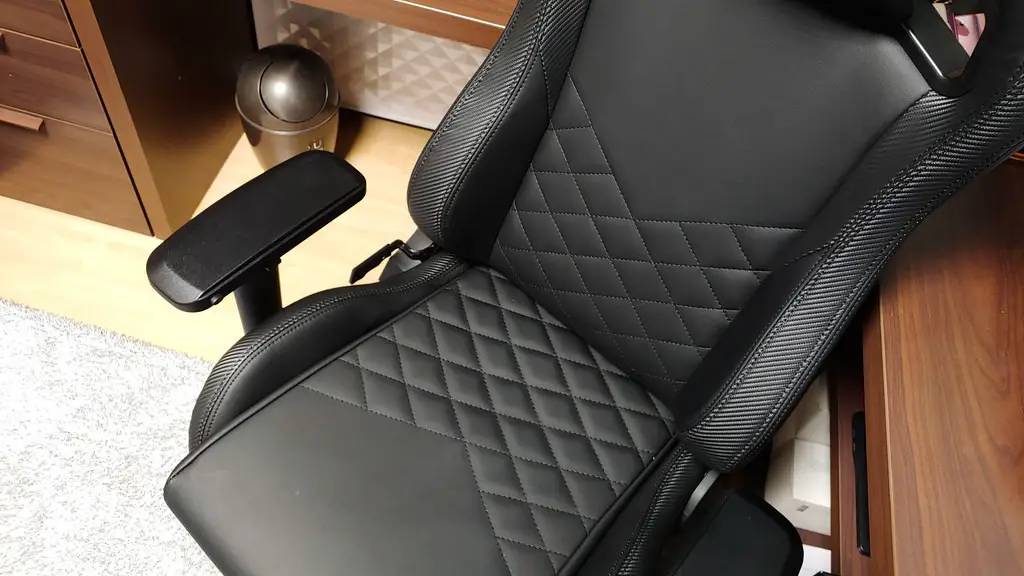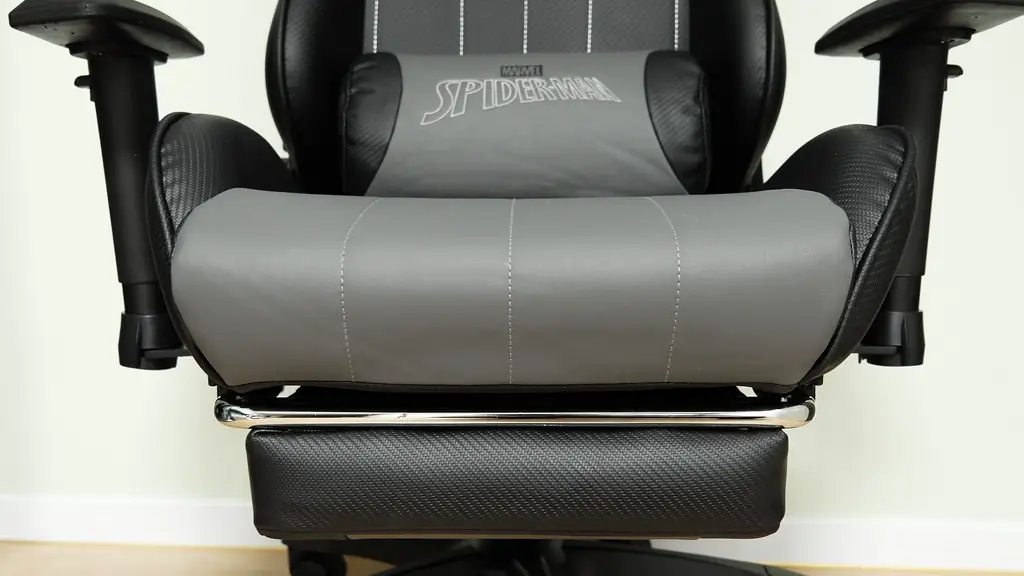The question of what type of gaming PC to buy has been asked by casual, intermediate and even professional gamers alike. Whether you’re looking to dip your feet into the world of PC gaming or create a beast of a system, there are a few key considerations that must be made. To help you get started, let’s look into the types of gaming PC you can buy, what components you need and what to look out for when making your purchase.
There are two main types of gaming PC that you’ll find: pre-built and custom-built. A pre-built PC is one that’s already assembled and ready to go, meaning you don’t have to worry about assembling the components yourself. However, pre-built PCs aren’t as configurable so you’re limited to what the manufacturer offers. Custom-built PCs, on the other hand, give you full control to select and assemble individual components, from the CPU and GPU to the motherboard and other parts.
When deciding on a gaming PC it’s important to think about the type of games you’re going to be playing and what performance level you’re after. The three main components you’ll want to pay particular attention to are the CPU, GPU, and RAM. The CPU (Central Processing Unit) is the core brain of your PC and handles calculations of programs and processes that you run. The GPU (Graphics Processing Unit) is where all your gaming performance comes from. And finally, the RAM (Random Access Memory) is a pool of memory that your PC uses to quickly store and retrieve data.
Along with these components, there are a few other important factors to consider when buying a gaming PC. This includes the price, size and cooling. The price of your PC should come down to your budget and the performance goals you’re trying to achieve. It’s also important to consider the size of the case you’ll need and the type of cooling system you might require to keep everything running smoothly. There are two main cooling systems; air-based and liquid-based.
To summarise, what type of gaming PC you should buy depends on several factors including performance objectives, budget and components. Pre-built PC’s are a good option for those who don’t want to assemble the parts themselves, but custom-built PCs give you more control over the components being used. The three key components you’ll need to focus on are the CPU, GPU, and RAM. Additionally, you’ll need to think about the size, price and cooling system of your gaming PC.
GPUs
The GPU, or Graphics Processing Unit, is the single most important component for achieving a high performance gaming machine. When selecting the GPU for your gaming PC, you need to consider the power and the technology used to deliver visuals. GPUs come with a variety of speeds and ranges ranging from budget cards to high end graphics cards. Higher end cards like Nvidia’s RTX cards are usually seen in more expensive gaming PCs as they’re built using newer technologies like ray-tracing, which allow games to render more lifelike visuals.
Your GPU choice will depend on your budget and the games you want to play. For example, if you’re after a powerful gaming machine that can handle AAA games then you’ll likely want to opt for something like an RTX 2080. On the other hand, if you’re only interested in light gaming, then you can get away with something like a GTX 1050. Whatever you choose, make sure your chosen GPU can handle any future games you’re likely to invest in.
One final point to consider when selecting your GPU is the memory or VRAM stored on the card itself. Depending on the game and the resolution, more memory can be needed for smoother game performance. For example, 3GB of VRAM is recommended for high-res gaming, such as 4K, whereas 6GB or more is needed for 8K gaming.
In conclusion, the GPU is a vital component when building or buying a gaming PC. Keeping in mind how much you’re willing to spend and the types of games you’ll be playing, will help you make an informed decision on the GPU you decide to choose.
Processors
The CPU, or Central Processing Unit, is the heart of any computer. Being in charge of the execution of all programs and processes, along with relaying instructions between the operating system and the hardware, selecting the right processor is an important decision.
Choosing the right processor for your gaming PC comes down to performance and price. Intel and AMD are the main players in the processor showdown and decide which is best for you is a matter of requirements. Note that Intel tend to be more popular for gaming PCs, as they offer higher clock speeds and customised integration with their GPUs.
Intel’s Core i3 processor offers great value for money and is perfect for light gaming and multimedia duties. I5 processors offer a slight power boost for more advanced gaming, whilst I7 and I9 provide performance on steroids with higher clock speeds, more cores and greater turbo boost abilities. Finally, Intel’s Xeon processors are designed for professional workstations and provide a powerful base for extreme gaming.
In terms of AMD processors, the Ryzen 3, 5 and 7 are great processors for gamers on a budget, while the Ryzen Threadripper provides a very powerful processor and is designed for high end gaming machines. Ultimately, what processor you choose will depend on the games you want to play, how much you’re willing to spend and how future proof you want your PC to be.
RAM
Random Access Memory, more commonly referred to as ‘RAM’, is an important component of any computer and is particularly crucial when it comes to gaming. RAM stores data being used by programs for immediate use, which can helpreduce loading times and improve game performance.
When selecting RAM for your gaming PC, the key specs you need to pay attention to are the frequency of the RAM and the type. The frequency of RAM is measured in megahertz, with higher frequencies generally offering increased performance. However, the type of RAM you choose is just as important, with modern gaming PCs generally using DDR4 RAM.
When it comes to RAM capacity (the amount of RAM you install in your PC), again, it all depends on the type and frequency of the RAM you’ve chosen, as well as budget and the games you’re likely to play. As a rule,we recommend at least 8GB for typical gaming, with 16GB being the preferred amount for enthusiast gaming. Anything over 16GB is excessive for most gamers, but more can always be added later on.
Finally, it’s worth noting that you can also get RAM specifically designed for gaming, prepared with higher frequencies and faster latency times. Although higher frequency RAMs are usually more expensive, they can usually guarantee a smoother gaming experience.
Storage
An important factor to consider when buying or building a gaming PC is storage. You’ll need to think about the amount of storage you’ll need, the type of storage you require and transfer speeds.
The first decision to make here is how much storage you’ll need. The amount of storage anyone requires is subjective; however, we usually recommend a minimum capacity of 1TB – although this depends on the number of games you have installed.
Along with capacity, you’ll also need to decide which type of HDD or SSD to use. HDD’s are cheaper and generally come in larger capacities, whereas SSD’s are more reliable, quicker, and more expensive. For gaming, we would generally recommend an SSD as games can often take hours to install and loading times tend to be much quicker than HDDs.
Finally for transfer speeds, you’ll need to consider the interface type of your storage device. This is usually defined by their interface port and is usually SATA, M.2 or PCI-E. Your choice should come down to the performance and compatibility of the motherboard and storage device chosen.
Cooling
A key part of any gaming PC that often gets overlooked is the cooling system. After all, the last thing you want is your gaming rig to overheat. This is especially important when considering a custom-built PC, as you’ll likely want to upgrade or tweak the PC one day. Most gaming PC’s come with a form of air cooling, however water-cooling is better for overclocking your components and improving performance.
When opting for air cooling, you’ll typically have heatsinks, fans, and fans inside your case that help cool your components. Water-cooling, on the other hand, uses a radiator and liquid-cooled components to help regulate temperatures and is usually more expensive and time consuming to install.
One more thing to think about for cooling is power efficiency. In general, desktop PCs are already quite efficient in terms of power consumption, however, more efficient parts like passive cooling or intelligent GPUs will help reduce the power draw of your PC.
Overall, when selecting or building a gaming PC, it’s important to consider the type of cooling you’ll need. Air cooling is usually fine for most gaming PCs, however water-cooling is better for controlling temperatures and overclocking components. Additionally, efficient parts can help reduce the power draw of your PC.
